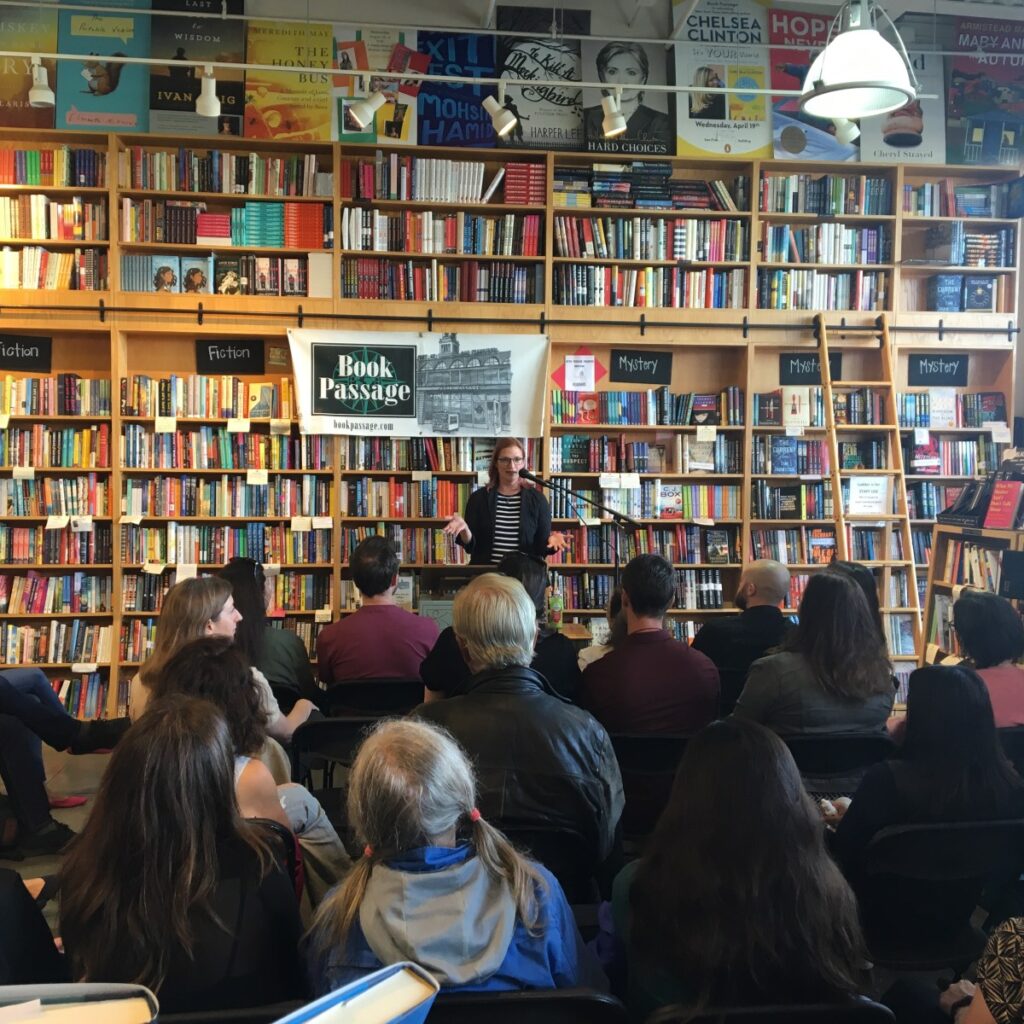Title: Navigating the Complex Economics of Book Publishing and Supporting Authors
I often receive inquiries about the economics of book publishing and the most effective ways to support authors. Yet, I seldom hear concerns I wish more readers were aware of, such as the exploitative practices in the publishing industry towards libraries or the harm social media can inflict on authors. Today, I am shedding light on the intricacies of book economics and what that means for you, whether you’re a reader or an audiobook enthusiast.
Coinciding with our discourse on books, today marks the launch of a book that has had me excited for quite some time, "Cashing Out" by Julien & Kiersten Saunders. Having had the privilege to read it early and even contribute a blurb, I can attest to its insightful take on personal finance and the workforce, especially its realistic approach to navigating a society that often overlooks the needs of Black individuals and other people of color. It strikes the perfect balance between hope and realism in a world rife with inequities.
The Economics of Book Publishing
At face value, the financial model of book publishing seems straightforward: publishers earn through sales. Unlike homogeneous products like t-shirts or microwaves, every book is unique, influenced by its author, genre, content, and intended audience. Most books only break even, if not incur losses for their publishers.
This monetary tightrope influences publishers to choose manuscripts they believe will sell in large quantities, which often means replicating past successes. This profit-driven approach contributes to a lack of diversity within the industry. Despite significant efforts to diversify, most published works still predominantly come from white male authors, reflecting both market biases and the purchasing trends that drive publisher decisions.
Grappling with these realities means recognizing that purchasing a book supports the type of literature that will continue to be available. Making informed choices can help foster a publishing world rich in diversity and representation.
How Authors Earn: Advances and Royalties
Authors typically earn in two ways: through royalties on sold copies and via advances, which are upfront payments against future royalties. However, an advance might be the only payment an author receives if their book does not sell well enough to ‘earn out’ its advance. Such economic structures can make the profession challenging, especially when considering the expenses withheld by publishers and agents.
While stirring controversy in the industry, self-publishing offers a higher per-book profit but requires upfront investment without guaranteed returns, unlike traditional publishing where the publisher absorbs much of the financial risk.
Supporting Authors Beyond Purchases
Buying books is just one way to support authors. Sharing your reads on social media, participating in book discussions, and even contributing reviews online are influential. Every endorsement enhances visibility and helps authors find their audiences without direct purchase.
Beyond Amazon: Diverse Options for Book Acquisition
If aligning your purchases with your values leads you away from Amazon, numerous alternatives exist for buying physical books, eBooks, and audiobooks. Credible platforms like Bookshop.org, IndieBound, and Libro.fm support local bookstores and offer competitive prices, ensuring your purchases contribute positively to both authors and independent book stores.
Understanding Library Economics
Libraries face their own set of financial challenges, particularly concerning the acquisition of eBooks and audiobooks. Publishers often charge libraries higher rates than individual consumers, limiting the availability and duration of digital loans. By understanding and adjusting our library usage, we can support these vital institutions in managing their resources more effectively.
Navigating Ethical Consumption in the Book World
The way we choose to buy and borrow books reflects our values and the kind of literary world we wish to support. Whether purchasing from indie publishers, selecting diverse authors, or using libraries judiciously, our actions influence the market. Awareness and intentional choices can make a substantial difference in supporting a vibrant, diverse literary culture.
In conclusion, understanding the economics of book publishing not only enlightens our choices but empowers us to foster the rich, varied tapestry of literature that reflects a wide array of voices and experiences. By choosing where and how we purchase books, we contribute to shaping the industry towards a more equitable and representative direction. For further thoughts or questions on this topic, feel free to engage with us on our social media platforms. Happy reading, and let’s continue to support the world of books thoughtfully and passionately.



